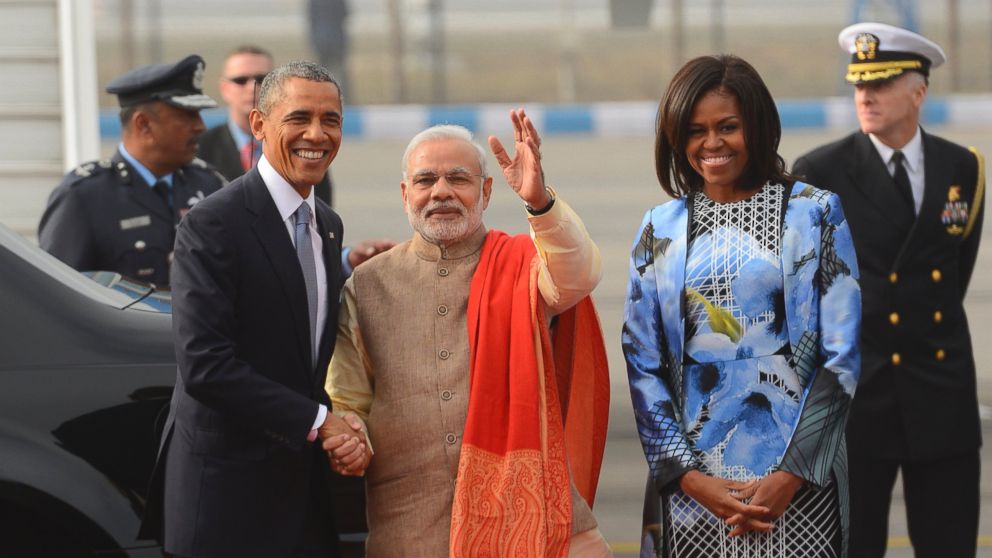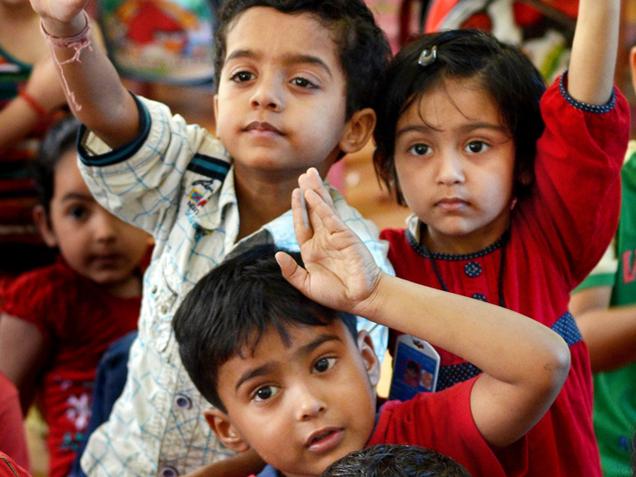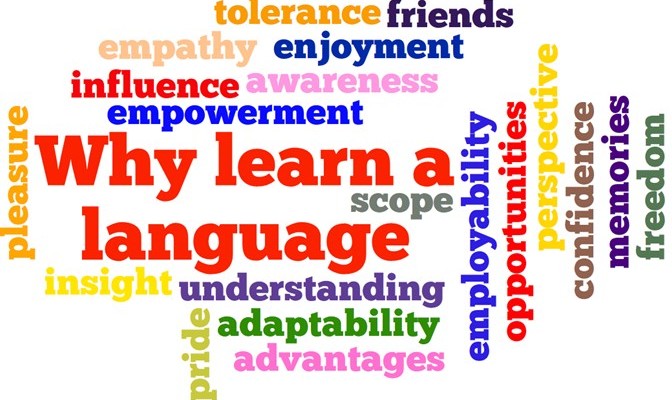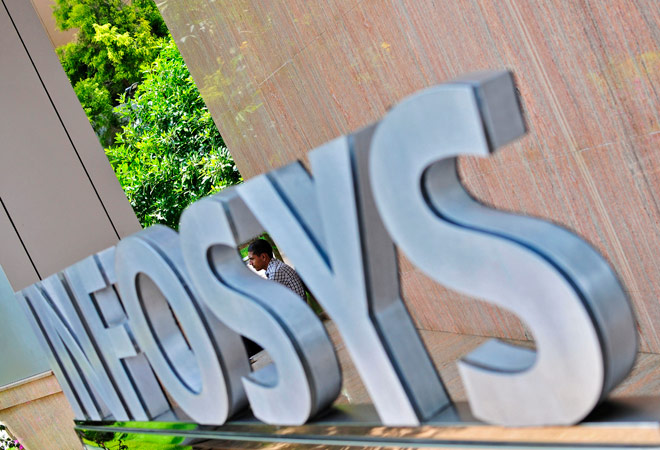In order make the kids convert their ideas into a working model, BiBOX (Brain in a Box) came into existence. Sandeep Senan, Founder & Director, Evobi Automations Pvt Ltd, shares about the unique idea of BiBox, the challenges faced to make this idea a reality, its advantages, the future plans and more.
When and how did you started Bibox?
I have been quite passionate about gadgets since child- hood. That’s why, I joined engineering in my graduation. In the second year of engineering, I reconnected with my passion when a professor of mine inspired me to kindle my old passion.
Initially, I took forward my passion in the form of workshops to my juniors in college and then later to young kids in schools. Kids used to get very inquisitive on how to build innovative things that pushed me to help them build what they wanted to.
That’s when I started exploring how to come out with a solution where a 10-year-old should be able to convert an idea into a working model and then the idea of BiBOX (Brain in a Box) originated.
Then I got a chance to pitch the idea to DSIR (Department of Scientific and Industrial Research). They gave us the initial funding to make the prototype model, which we then took to DST, who seed funded us. We formally incorporated in 2012, and are head- quartered in Bangalore.
In 2013, Mr Madhusudhan (Co-founder), a Sales and Marketing veteran joined on board. In early 2014, we closed our first round of angel funding.
BiBOX started as a toolkit which kids could use and then later became a full-fledged curriculum where kids are taken through a journey to become innovators and solve any real world problem which they wanted to solve in any field.
What was the most challenging part of setting up your company?
Initially, it was quite difficult to get people believe that hardware start-ups could be built in India. There were also aversions on the capability to deliver. And getting talent when you don’t have much money, was also a challenge.
The next big challenge was to sell the product to schools, as we had no background and credibility to prove a new company and concept. We had to hard sell the concept to a lot of them before we saw tractions.
Who do you see as your target audience? How are you reaching them?
We target children in the age group of 10-15 in schools and run the pro- gramme called BiBOX Innovation Lab, which is designed to prepare and condition young mind for any future challenges, instilling creative think- ing, collaborative efforts, communication and developing a critical mind, through project-based and exploratory learning. This also helps them con- nect with what they learn inside classrooms.
Do you have much competition? What is the advantage you have?
BiBOX partners with schools and enables them to use its programme ‘BiBOX Innovation Lab’ to enhance learning of their students in an enjoy- able manner. Our company believes that we have an advantage over our competitors in the way we deliver our service.
We took a huge step in giving end-to-end solution to schools, not just focusing at the teaching methods/tools but also at the learning and delivery process. Our programme is for every child and brings out his/her strength. There are design, engineering, automation, communication, collaboration and real life prototyping happening in schools, which is in a way putting a holistic approach to classroom teaching.
Where do you see your company in 5 years time?
For BiBOX Innovation Lab programme, we are planning to close in on 120 schools by year end. We are also in talks and exploring opportunities with some companies outside India. We are looking at an excess of 1 million stu- dents to be exposed to the programme in some form in the coming years.
We would slowly expand our offerings digitally (online) so that kids worldwide can benefit from our programmes. We would want to contribute our bit in shaping the next set of young innovators who will then shape the future of our planet.
































